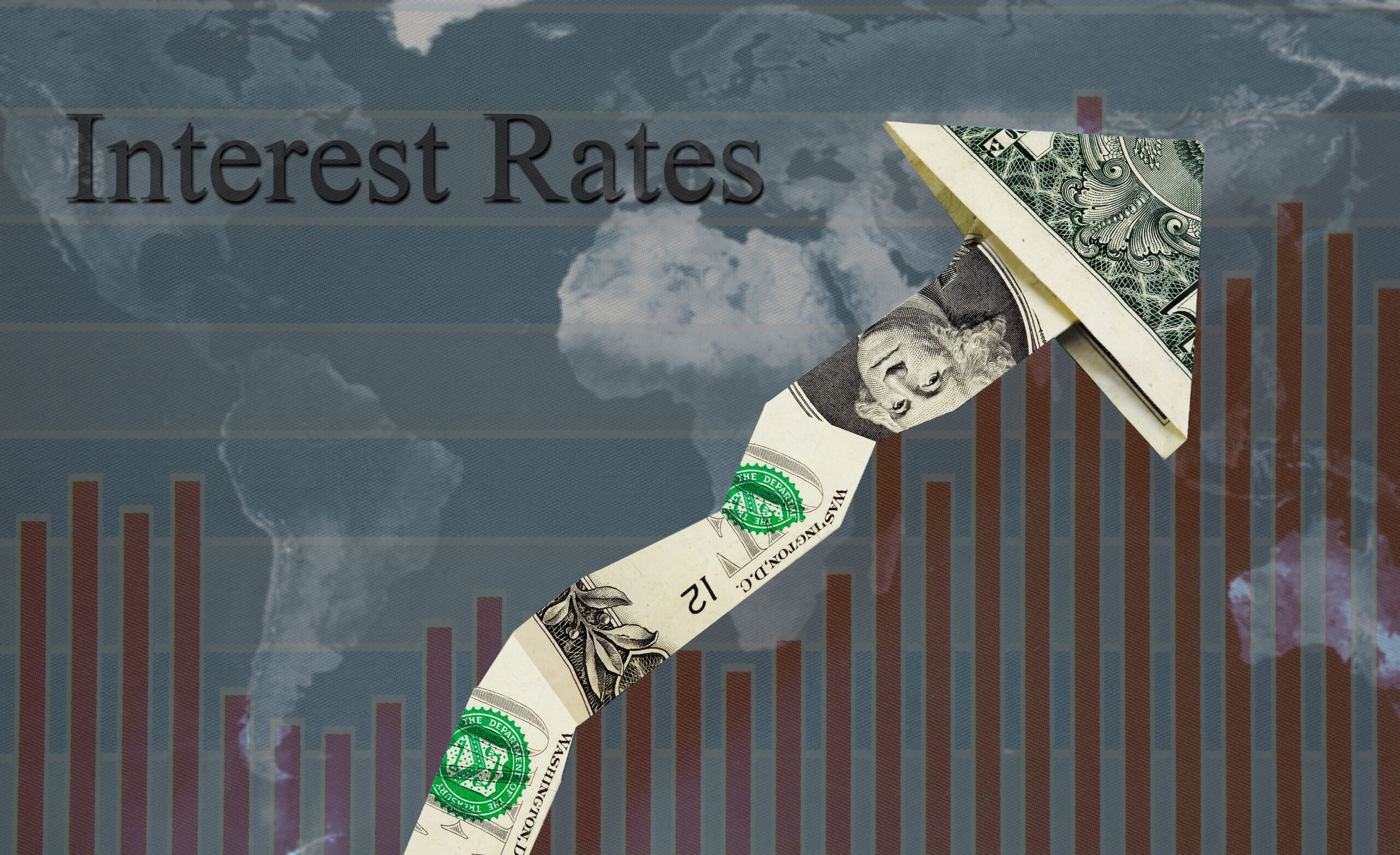When it comes to retirement savings and investments, rising interest rates can have both positive and negative effects in the long term. Here are a few potential ways rising interest rates may impact your retirement savings over a time horizon of 10 years or more:
- Bond prices may decline: Rising interest rates generally lead to a decrease in bond prices. This can impact your retirement savings if you hold a significant portion of your portfolio in bonds. However, if you hold individual bonds until maturity, you will still receive the full principal amount unless the issuer defaults.
- Higher returns on fixed-income investments: As interest rates rise, new fixed-income investments tend to offer higher yields. This can benefit your retirement savings if you have the flexibility to invest in higher-yielding fixed-income securities.
- Increased potential for stable income: If you are approaching retirement or in the early stages of retirement, rising interest rates can provide the opportunity to secure higher yields on fixed-income investments, such as bonds and certificates of deposit (CDs). This can help generate a stable income stream to support your retirement expenses.
- Stock market volatility: Rising interest rates can lead to increased market volatility, particularly in sectors that are sensitive to interest rate changes, such as financials and utilities. This volatility may impact the performance of your retirement investments, especially if you have a significant allocation to stocks. However, it’s important to note that the stock market is influenced by a multitude of factors, and interest rates are just one piece of the puzzle.
- Potential for higher borrowing costs: Rising interest rates can result in increased borrowing costs for individuals and businesses. This can have indirect effects on the overall economy, potentially impacting corporate earnings and consumer spending. In turn, this may influence the performance of your retirement investments, particularly if you have exposure to specific sectors or companies that are more vulnerable to changes in borrowing costs.
It’s essential to remember that predicting the future direction of interest rates and their impact on the financial markets is challenging. Interest rates are influenced by various factors, including monetary policy, inflation, and economic conditions. Therefore, maintaining a well-diversified portfolio aligned with your risk tolerance and long-term goals is crucial, as it can help mitigate the potential effects of rising interest rates and other market fluctuations. Consulting with a financial adviser at Intelligence Driven Advisers can provide personalized guidance based on your specific circumstances which will lead to ultimate success.

